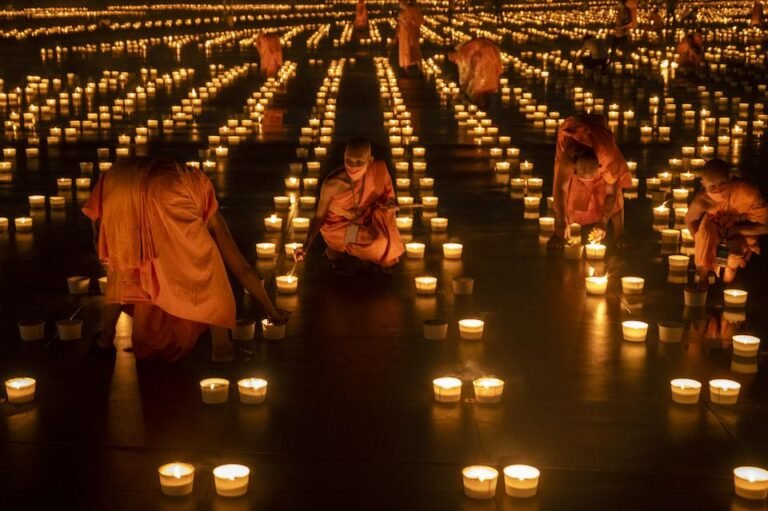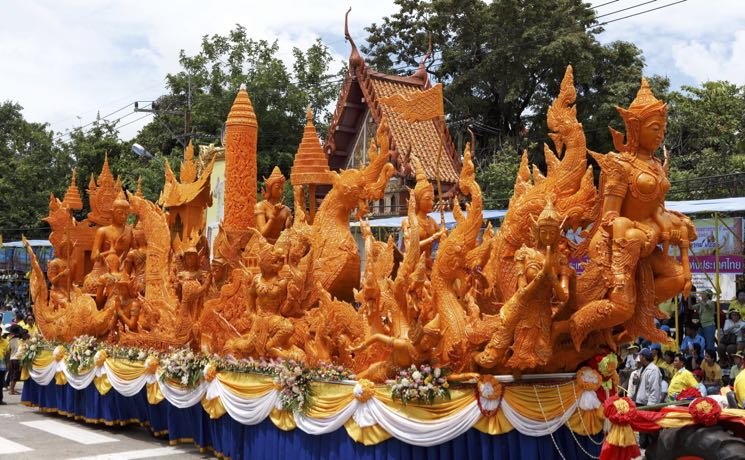Chronos, Kairos and Aion are the three deities of time, events and epic destinies. Here is the multi-religious and multicultural calendar!
Find us on our website Mythology and Legend, on Facebook and on instagram !

The schedule in brief from D-2 to D+5
- August 17, 2024, : Portunalia
- August 19, 2024, : Vinalia
- August 21, 2024, : Consualia
- August 23, 2024, : Vulcanalia
The complete interactive calendar
Semaine du 2024-07-15
| Mymonday | Killtuesday | Wednesdaywednesday | ThuThursday | Frifriday | Satsaturday | Sunsunday |
|---|---|---|---|---|---|---|
Jul 15, '24July 15, 2024 | Jul 16, '24July 16, 2024 | Jul 17, '24July 17, 2024 | Jul 18, '24July 18, 2024 |
Jul 19, '24July 19, 2024●(1 event) LucariaJuly 19, 2024  On this day, the Romans celebrated Lucaria. This very ancient festival has origins unknown to the Romans. The woods were celebrated for driving away demons from the trees. #mythology #myth #legend #calendar #19July #21July #lucaria |
Jul 20, '24July 20, 2024●(1 event) Asalha PujaJuly 20, 2024  Today, Theravada Buddhists celebrate Asalha Puja. This day marks Buddha's first sermon at the deer park to the first five disciples on the dhamma wheel from suffering to nirvana. #mythology #myth #legend #calendar #bhudda #AsalhaPuja |
Jul 21, '24July 21, 2024●(1 event) Khao PhansaJuly 21, 2024  Today, Theravada Buddhists celebrate Khao Phansa. This marks the beginning of the Buddhist Vassavasa Lent. They then spend three months in study and meditation in their temples. This retreat is based on an edict from Buddha issued to ensure that monks do not damage crops or accidentally crush insects hidden in floodwaters. #mythology #myth #legend #calendar #Buddha #KhaoPhansa #vassavasa |
Multicultural and multi-religious almanac
An almanac is a calendar showing the main dates of the calendar, the religious holidays, bearing ephemerides such as the phases of the moon or the duration of the days (lunar and solar calendars).
A calendar is a system for marking dates according to time. Such a system was invented by men to divide and organize time over long periods. The observation of the periodic phenomena of the environment in which they lived — such as the daily movement of the shadow, the return of the seasons or the lunar cycle — served as the first references for organizing the agricultural, social and religious life of societies.
The calendar used today in most of the world is the Gregorian calendar. In everyday language, an ephemeris designates what happens daily; the ephemeris of the day is the list of the significant events of this day.